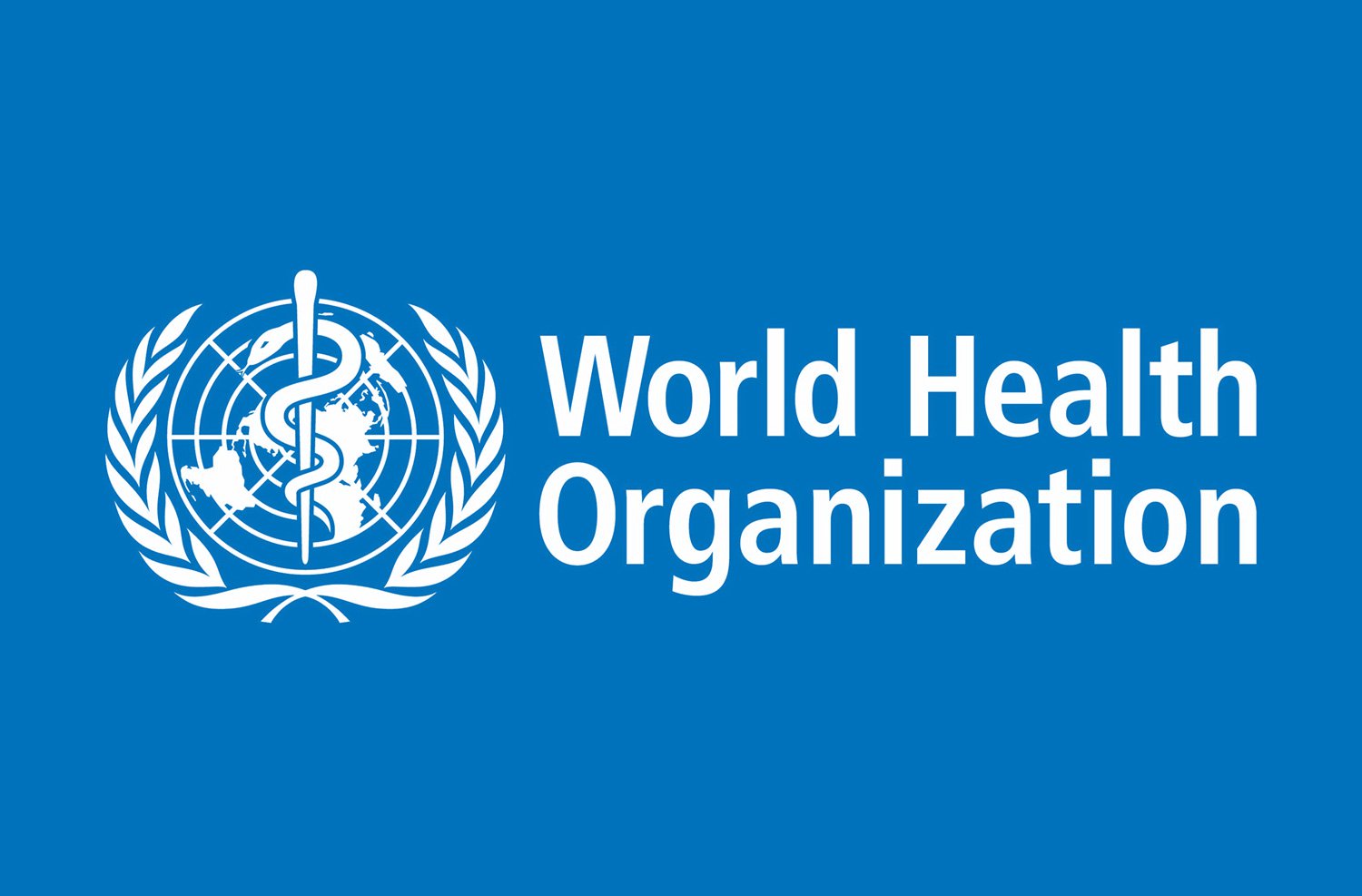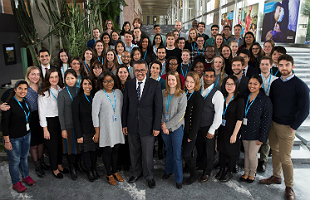
2019 WHO Eastern Mediterranean Regional Office Fellowship Programme
Deadline: August 7, 2019.
- review literature and conduct literature surveys
- undertake web research and data collection on specific subject area
- organize data and documents
- participate in the development of tools and guidelines
- assist in drafting, formatting and editing policy briefs, tool kits, guides/manuals, hand-outs, brochures and reports
- assist in organizing workshops, meetings, conferences, events
- participate in on-going departmental projects
REQUIREMENTS
Education
Postgraduate studies or degree in public health, health or social field related to the technical work of WHO postgraduate studies or degree will be an asset.
Skills
Core competencies
WHO global Competencies model at http://www.who.int/employment/WHO_competencies_EN.pdf?ua=1
- Teamwork
- Respecting and promoting individual and cultural differences
- Communication
- Moving forward in a changing environment
All fellows should be able to demonstrate the following skills in line with the WHO core competencies:
- Communicating effectively orally and in writing
- Showing willingness to learn from mistakes
- Producing and delivering quality results
- Working collaboratively with team members
In addition, fellows need to be familiar with commonly used computer programmes, such as Word, Excel, PowerPoint. Knowledge of specialized computer programmes, for example, statistical software such as XLStat may be an advantage.
Experience
Depending on the area of interest, 2 years of the below experience is required and/or would be an advantage.
- Experience in research and/or in drafting reports
- Experience in the subject area through academic work or research
- Field and/or developing country experience
- Experience with data analysis, statistical packages and interest in the design of graphical display and analysis of health information in an international comparative perspective, such as for health system performance assessment
- More specific experience such as specialized computer programmes
Languages
- Fluency in English (reading, writing and speaking).
- Knowledge of Arabic or knowledge of the local language in some duty stations can be an asset
ADDITIONAL INFORMATION
- Candidates below 35 years old are eligible for the programme.
- Please note that the programme is competitive and only a small number of applicants will be accepted every year. Only successful candidates will be contacted.
- Entitlements include monthly fellowship stipend and official travel depending on the placement.
- Fellows are not eligible for appointment to any position in WHO for a period of three months following the end of the fellowship.
OFFICIAL LINK



